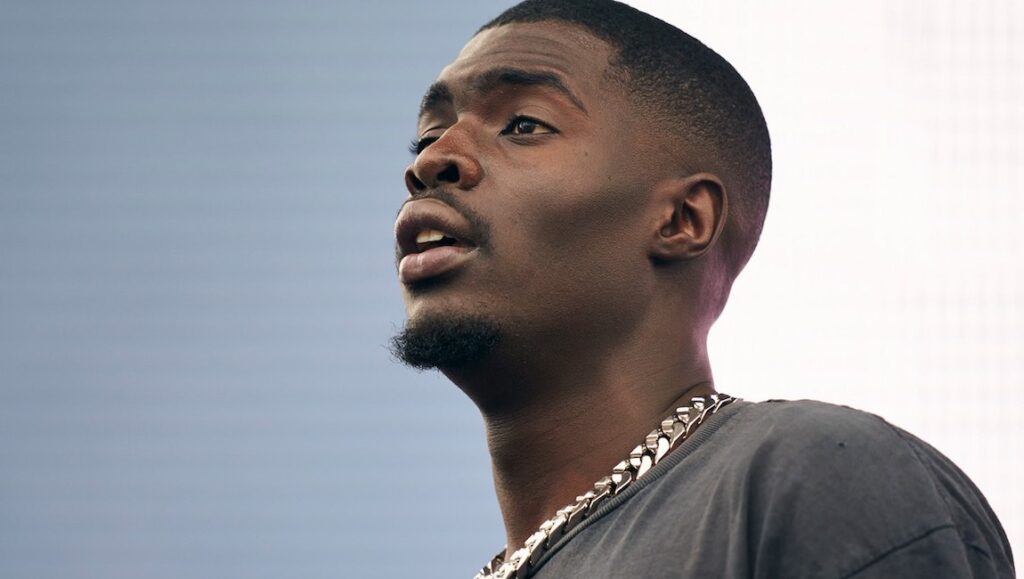“17 years old/I’m in this country alone/No I.D. or passport/I’m the only livin’ John Doe” moans Sheck Wes on “Jiggy on the Shits,” a song that specifically describes being sent to Senegal — but that could be applied to the 20-year-old rapper’s experiences in Harlem, or Milwaukee. Sheck expresses similar feelings of alienation on “Live Sheck Wes,” shouting “It get tragic where I live/Everything is negative/Hold the roaches in the crib/Elevator full of piss.” The lyrics on Mudboy have an abstracted quality about them — similar to Danny Brown on XXX, Sheck highlights specific words or phrases through variegated tonalities, mixing in pathos-filled autobiographical sentiments (“I done hustled stolen DVDs to sell that bad ass bud”) with emotionally-expressed hip-hop jargon (“Put it on my ni**as, I can’t stop goin’ hard”). The “can’t stop goin’ hard” line, off the fierce “Gmail,” is delivered emphatically, every word shaking with Sheck’s emotional intent, climaxing with his blurry pronunciation of the ‘n-word’ — which adds a punk-like fervor to the verse. A closer look at lines that first scan as braggadocio, like Sheck talking about money, referring to “dead presidents” as “dead ni**as, all up in my sock,” takes on a deeper meaning in the full context of the couplet, with the rejoinder, “dead ni**as, all up on my car” now making the lyric sound more like a description of an environment.
While these songs lack traditional ideas of structure — often times missing choruses and checking out after one verse — and while they abuse the same dark, brooding, and bassy production sound, each distinguishes itself through Sheck’s vocal presence. Between the bizarre multi-tracking strategy of “Danimals,” on which Sheck provides a melody, countermelody, and ad libs all at once, to the Kid Cudi-style crooning of “Never Lost,” to the sheer joy in repeating his name, over and over, that Sheck experiences on “Ventements Socks,” there are impactful sonic ideas on every track here. Even Mudboy‘s singles — the Dada-esque “Chippi Chippi” and the more manic “Live Sheck Wes” — find their appropriate place on this album. But it’s the hit that started Sheck’s rise to popularity, “Mo Bamba,” that shows the origin of all the various components the rapper has built-up, and expanded on, for Mudboy: the track’s tinkling, music-box instrumental — summoning a vaguely creepy childhood — plays contrapuntal to Sheck’s deep-gruff-man voice, and the production’s heavy blasts of bass. Sheck delivers seemingly silly lyrics ad infinitum, stretching expressions out and slowing things down, getting almost avant-garde — all told, “Ma Bamba” is both a defiantly strange and super-danceable banger. And that’s a good way to describe the rest of Mudboy, an album that bursts with enjoyable moments, but which also presents an emotionally intense journey through one Harlem-by-way-of-Senegal kid’s conflicted psyche; an album that wants both to “Sauce it up like Kyrie” and that’s openly willing to deal with all the “Shit [that] gotta happen…to learn these lessons”; an album that locates equal parts self-empowerment and malaise in its motto: “I’m a mudboy. I came from the mud, oozed out the concrete. I’m not a rose. I’m a mudboy, I came from nothing.”
Published as part of What Would Meek Do? | Issue 3


Comments are closed.